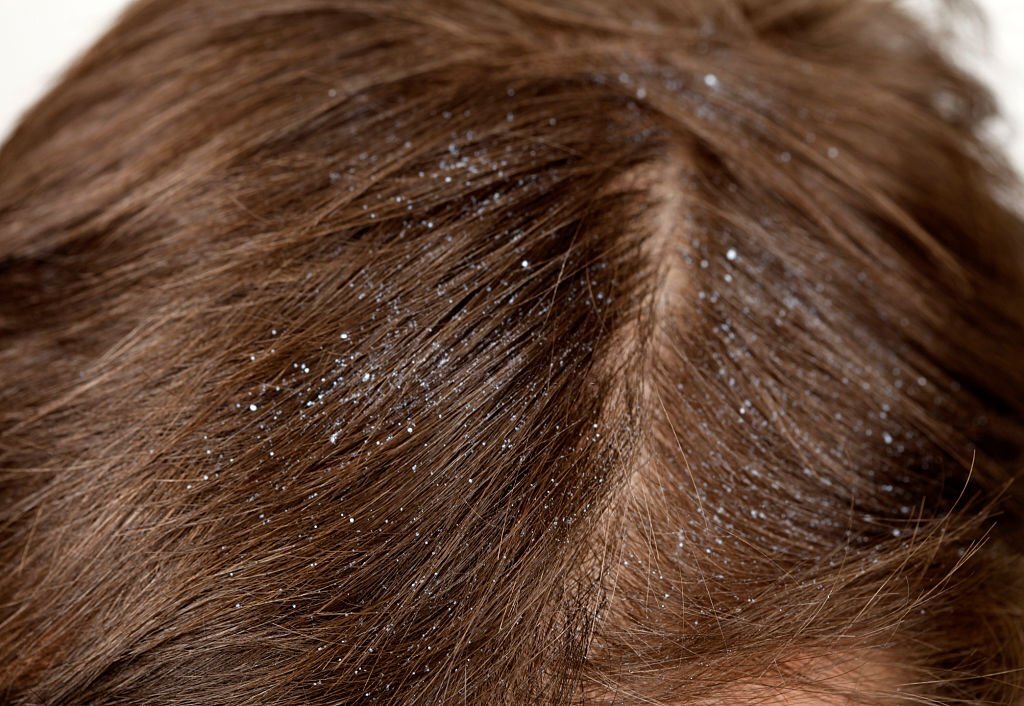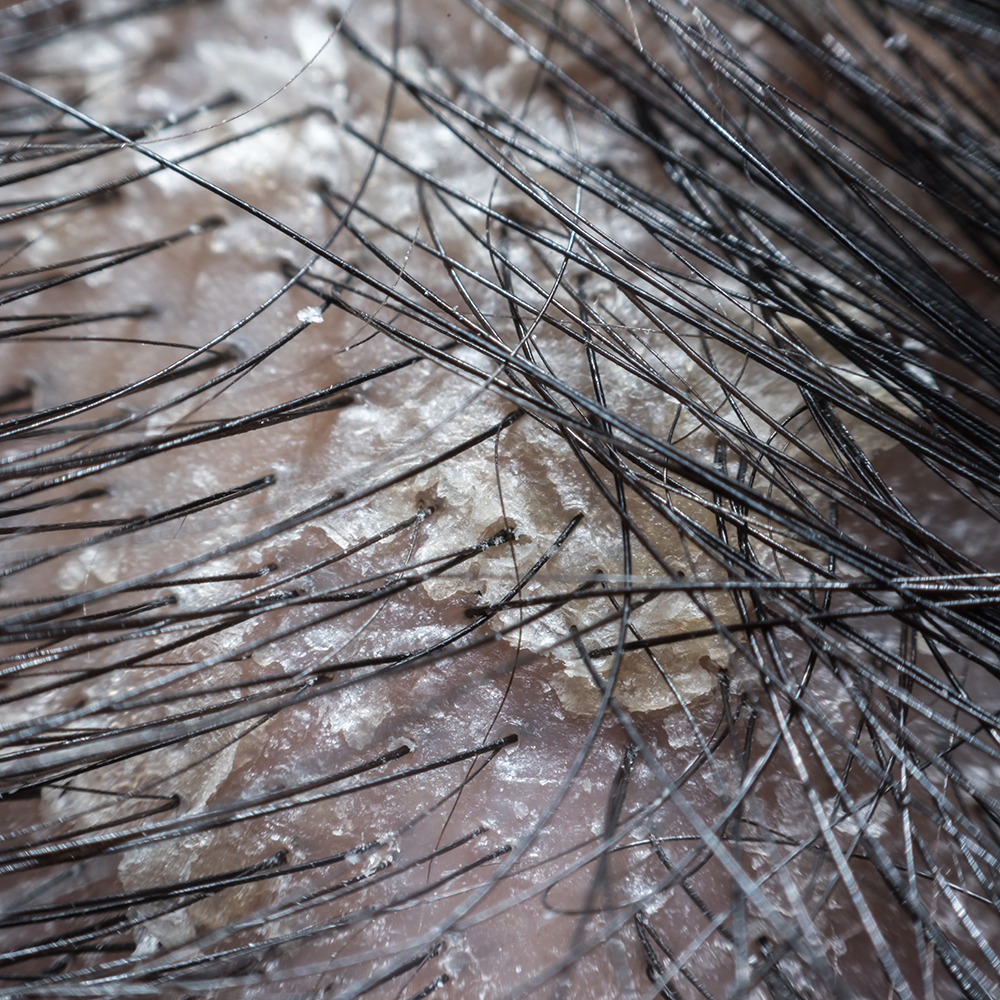Overview
Dry, itchy skin is no fun. In fact, it’s irritating. You itch. You scratch. The cycle repeats itself. You long for relief.
Most cases are mild and go away — with or without treatment. But when it persists for more than a couple of weeks, should you be concerned? If it’s keeping you up at night, should you get it checked?
The answer is yes. Fortunately, your doctor can help you identify the problem and provide you with any necessary treatment to bring you relief. Treatment for dry, itch skin varies. It depends on the cause.


What causes itchy skin?
“Itchy skin can result from a wide variety of conditions,” says Reza Jacob, MD, a dermatologist at Scripps Clinic Liberty Station.
“It could be due to something as simple as dry skin, which is common,” he says. “It could be a symptom of a skin disease, such as psoriasis or dermatitis. It could also be the result of an allergic reaction. It could even be a side effect to medication you might be taking.”
Your primary or family doctor can help you get to the root of the problem. They would ask you about your symptoms and examine your skin. They would refer you to a dermatologist or skin specialist if necessary.


Dry skin
Many skin conditions cause itching. Dry skin is one of the most common. It is also one of the easiest to address. It is marked by scaling, itching and cracking, usually in the hands, arms and legs.
Dry skin occurs for a variety of environmental reasons. It is more common during fall and winter months when humidity levels are relatively low.
Dry skin occurs also for a variety of internal reasons. Older adults are more prone to develop dry skin. As we age, our skin gets thinner and drier. Frequent bathing or showering with hot water or frequent hot tub use also raises the risk of dry skin.
What are common treatments for dry skin?
The most common way to relieve dry skin is by using moisturizers, which come in the form of creams and lotions. They help restore moistness into the skin. Thicker moisturizers tend to be more effective for dry itchy, skin.
“A moisturizer might be all you need to relieve itching. If a moisturizer does not help enough, you can try an anti-itch cream or ointment,” Dr. Jacob says.
Home remedies can help address dry, itchy sensitive skin and restore moisture, including:
- Avoid bathing or showering in hot water; use warm water
- Keep bathing or showering to 10 minutes or less
- Use a moisturizing soap
- Apply moisturizer right after bathing or showering
- Pat, not rub, wet skin dry with a soft towel
- Avoid scratching dry skin patches
- Use a humidifier at home in your bedroom
When dry, itchy skin is a sign of serious illness
Though much more rare, dry, itchy skin can be a symptom of a more serious illness. It can be a sign of liver or kidney disease, diabetes or a problem with your immune system. “If the itch is a symptom of something serious, the best approach is to treat that underlying issue,” Dr. Jacob says.
Dr. Jacob says dry, itchy skin is usually treatable and not a sign of a serious illness. “But, if the itch lasts for more than a couple of weeks, pay notice. If it becomes your primary focus or affects a large area of your body, see your doctor.”
Nirav SKIN & HAIR CLINIC
Address : A-66, Rangavadhut Society, Ishwarkrupa Rd, Near Bombay Market, Matawadi, Surat, Gujarat 395006.
Monday to saturday morning 9:30am to 1 pm
evening 5pm to 8.30 pm
Address : 114, Mildstone canal point, Near INS hospital, Khatodra Wadi, Surat, Gujarat 395002.
Monday ,Wednesday, Friday 2pm to 3.30pm
Phone : 098799 05850
Email : [email protected]
© Copyright 2022 Nirav Skin & Hair Clinic. All Rights Reserved Designed and maintained by Creative Kshetra

